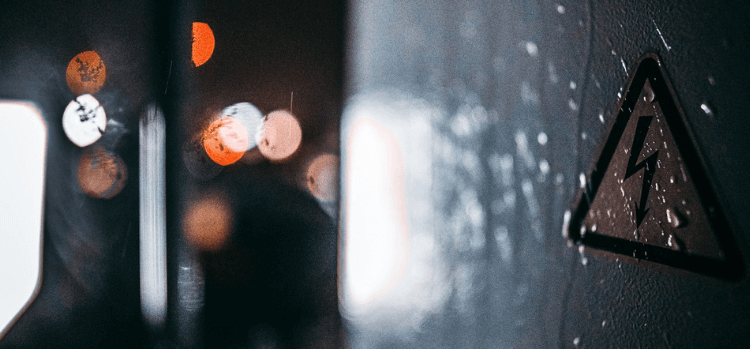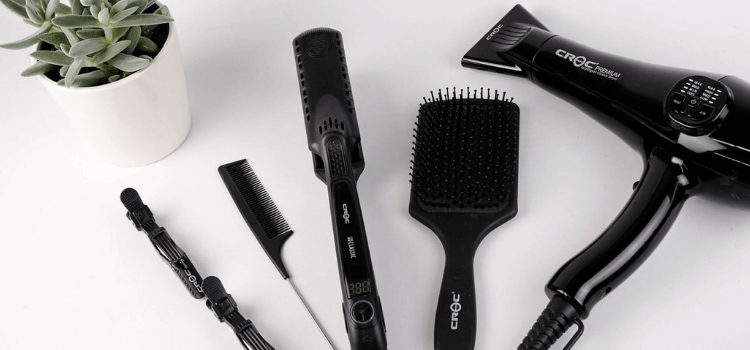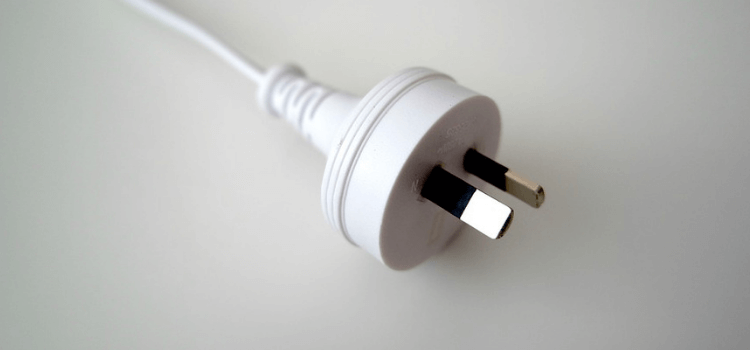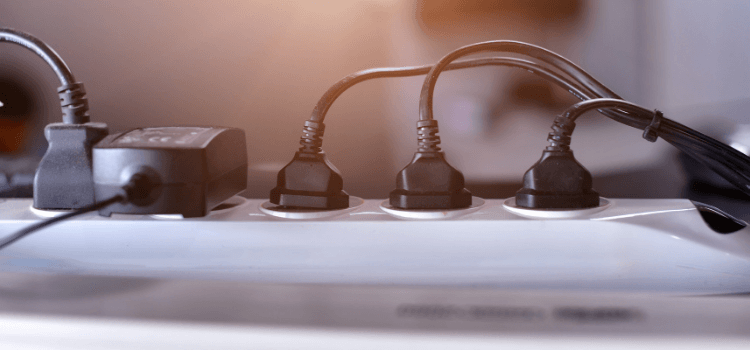
4 electrical tips to keep your home safe
8th Jul '19 • By Service.com.au
Electricity is as integral part of our everyday lives. It provides light and power to our home. If an electrical system is managed poorly, it has the potential to cause serious injuries or even death.

It is therefore imperative to find a licensed and qualified electrician to take care of all your electrical needs! Here are a few important electrical tips to keep your home and everyone inside it safe.

Keep it dry
Water, an element that conducts electricity, could be harmful around appliances such as hairdryers, kettles, chargers, phones, and radios. Appliances should not be placed or plugged into a socket near taps or sinks as this will increase the chance of experiencing a harmful electric shock. Risky scenarios could also involve someone turning a light on and off with wet hands, or jumping out of the bath to grab your hair dryer while still wet. These situations aren’t uncommon as we often react without thinking. Where electricity is involved, keep it dry.
When choosing the best outdoor lights, solar lights are a great option that are built for outdoor weather conditions such as rain, posing less of an electrical safety risk.

Protecting your children
Does your child do the opposite of what you tell them to do? We thought so! Electrical safety around children is extremely important. Safety is especially a concern when your children are young so it is a common practice to childproof your home. Unused wall sockets should be secured to prevent young children from putting their fingers in them.
Be careful with children who have a tendency of sticking metal objects like knives, into toasters and similar electrical appliances. Ensure such objects are placed out of the reach of young kids, who are curious by nature. They often learn by touch and feel; a good way to teach kids about electricity is to show them how “static” electricity works. Another great way to illustrate the raw energy is to do take them outside, during a thunderstorm but away from trees and other conductors and let them see the visual power of lightning.
You can get plastic socket coverings that will protect your child from the potential harm of a socket. Another way to prevent injury is to keep your electrical items such as iPads, radios and phones away from any source of water. These appliances have the potential to give youngsters an electric shock if they come into contact with water.

Correct use of extension cords
Extension cords are life savers when you can't reach a socket or don't have enough sockets. To prolong the life of your extension cable and avoid safety issues, you need to make sure it is completely unwound, which will prevent overheating. Make sure it is also positioned correctly, which could be alongside a wall or secured to the floor. This will prevent the risk of damage to the cable which can happen if someone trips over it.
Things to look out for in an old or well used extension cable are cracks in the rubber and coils. These will increase the risk of an electric shock or eventually spark a fire. A common first thought would be to wrap some sticky tape around the damaged area of the cord and hope for it to last another couple of months.
However, this isn't a safe procedure and will not provide enough protection from an electric shock. When purchasing a new extension cord, it is recommended to purchase an extension lead that is no longer than 15 metres in length. In addition, make sure the cord assembled in the packaging is in excellent condition without damage.

The dangers of overloading sockets
Overloading sockets is a safety hazard from the start. Despite the warnings of overloading a power socket, people still continue to daisy chain multiple plugs from these sockets in their homes. A double plug, with various double adapters, will overload and apart from the electrical danger, the various appliances attached can be potentially ruined. However, the main risk of this is a house fire. It’s caused by strong electrical currents running through the wires, causing them to heat up in the process. This is especially true if the wires are faulty as they have the potential to spark and start a fire.
There are a couple of features to look out for with an overloading socket, such as: flickering light, tripping switches and crackling sounds from outlets. These can also be the result of yanking plugs out of sockets, through laziness. By keeping in mind the common places people forget to install power points, you can ensure you have enough outlets installed to avoid overloading them.

If any of these occur, you need to get an electrician to remedy it and to prevent any further problems. The cost of hiring an electrician is an investment in the wellbeing of your family! Keep your home safe with these straightforward electrical safety tips that although are common sense, are often overlooked. A great idea is also to install some RCD’s (Residual Current Devices), which automatically switch the power off if there is an incident or emergency.
If you have any electrical questions or concerns, get in touch with a local, qualified electrician.
Further reading:
5 unique statement lighting ideas
The Pros and Cons of LED Lighting
4 environmentally friendly lighting tips
How To Tell If You Need a Switchboard Replacement